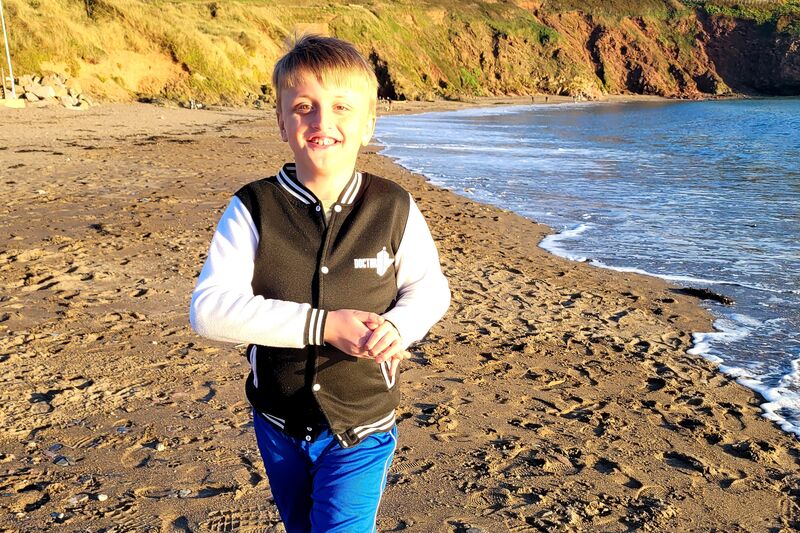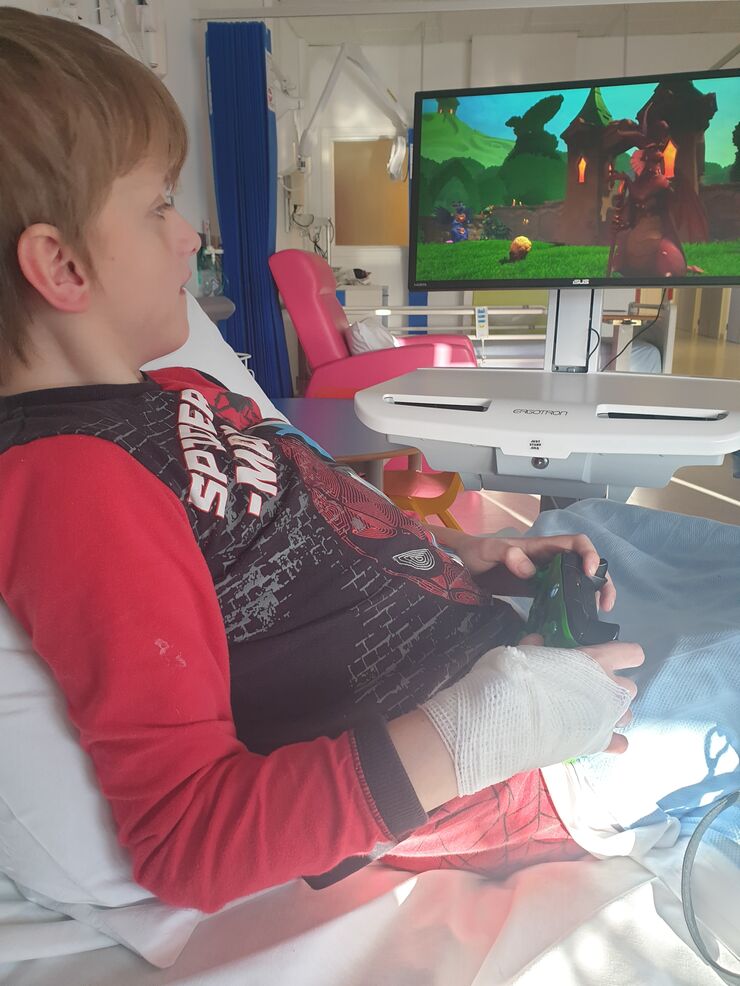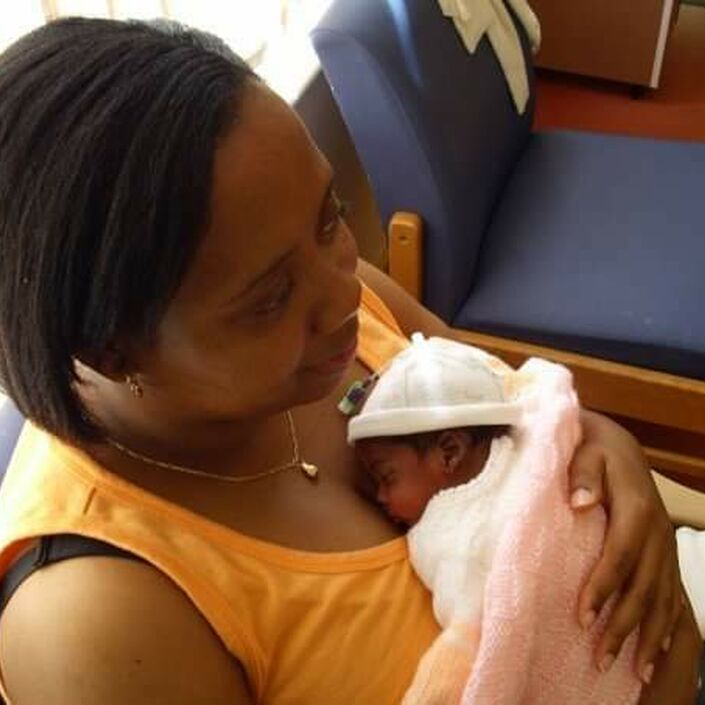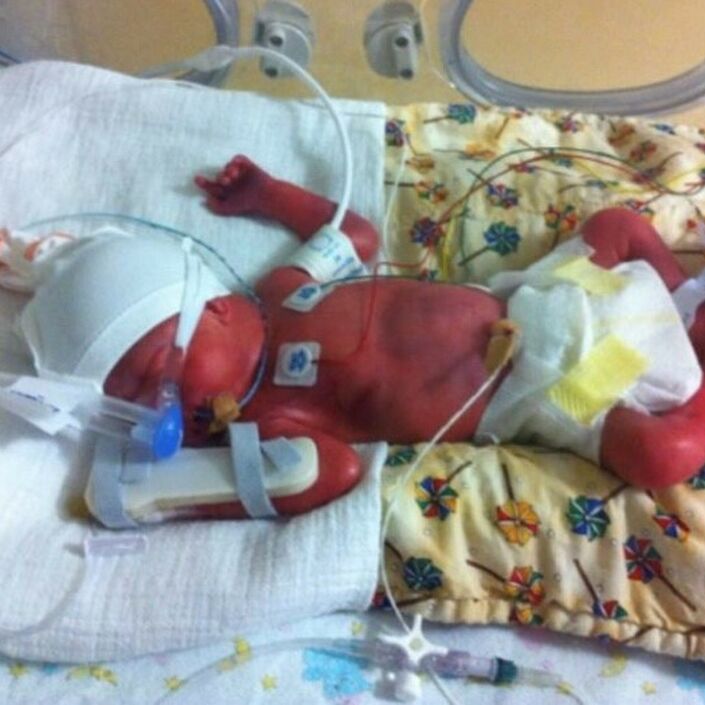Harry was born at 29 weeks in January 2013. He spent 63 days in Derriford NICU. He was on a ventilator for the first three days of life, which led to him having bilateral inguinal hernias which needed to be repaired in Bristol during his stay. I was unable to be with him in Bristol due to having older children to look after.
I remember visiting him on the morning he was transferred by ambulance, holding him, knowing that he was about to face surgery and that I could not be with him and would not see him for a few days. His first operation.
It was hard walking away from NICU every day - I was always so excited to see him on my arrival, but the last hour, the last minutes, the last seconds... I would feel the weight in my chest as I returned him to his cot.
That weight would get heavier as I left the High Dependency room. The walk down the corridor and through the double doors to leave the unit. The further away I walked, the heavier my legs felt. Leaving him was agony.
Harry's surgery went well and he soon returned to Derriford. The day he came home was amazing yet terrifying. I knew Harry had a journey ahead due to his Bartter Syndrome, but I kind of expected the main drama was over and that the worst was behind us.
At 18 months old Harry had his second general anaesthetic for an MRI. This was the first occasion I was with him as he went under, holding him as the cannula was put in, comforting him, entrusting my little boy to the team overseeing his care. Walking away, then the seemingly endless wait until I could be with him again.
Harry has had numerous procedures over his eleven years of life. Recently he had his seventh round of general anaesthetic. He is at the age now where he can understand what is going on and takes it all in his stride. I think he copes better than I do.
One of the procedures he had stands out. Harry was four years old at the time and facing his fourth time under general anaesthetic. I took him to the hospital and we went into a room to see the surgeon. Harry had tears in his eyes as the surgeon started to talk. His bottom lip trembled and he started crying.
As he sat on my lap, he looked up at me and made the Makaton sign for 'ready' (Harry used Makaton to communicate as he was mostly non-verbal at the time). He made the sign for ready, not because he was ready for what was coming, but because he was ready to go home. He wanted to go home.



